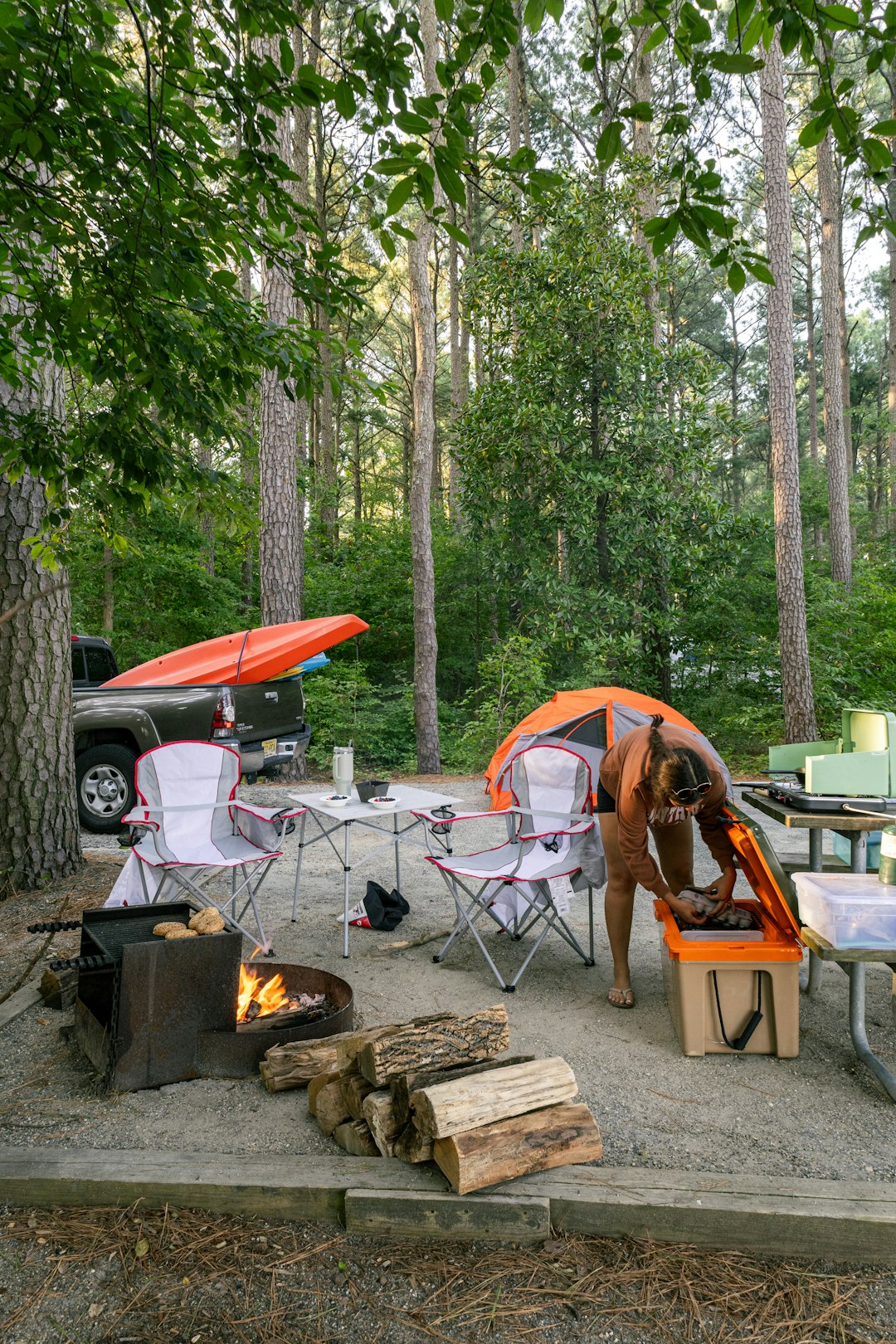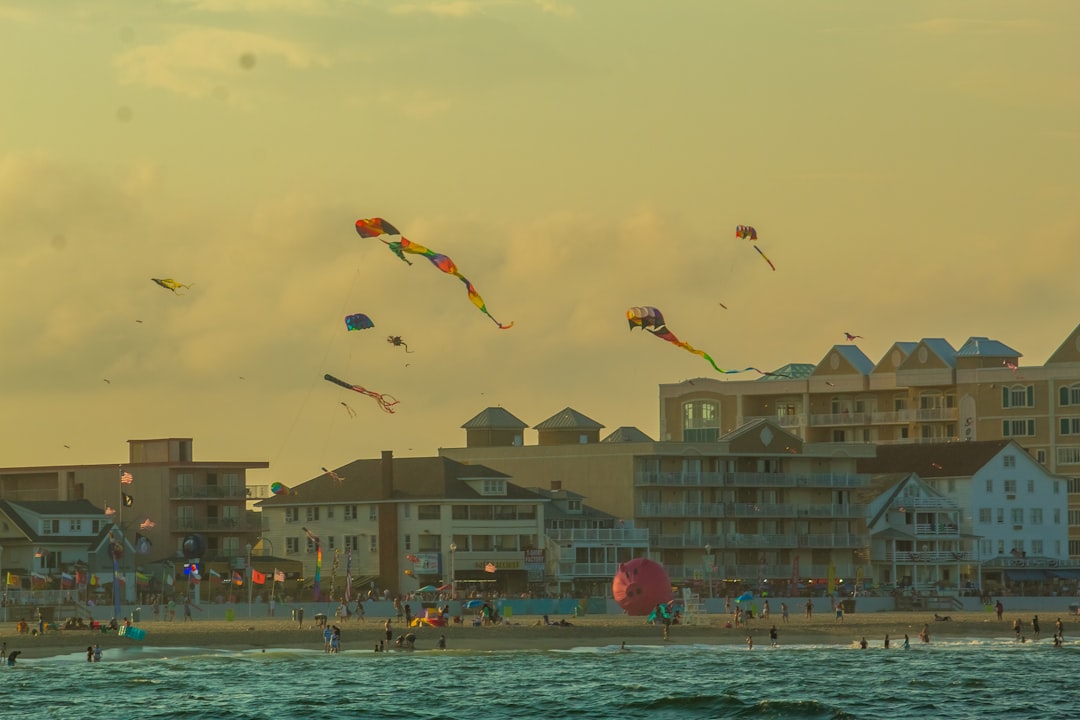Lineboro's Prettyboy Reservoir Park introduces a boat launch call screening system to combat noise pollution and "do not call" requests from lawyers. By requiring pre-registration and screening calls, the park aims to preserve its peaceful atmosphere, manage boat traffic effectively, and protect user privacy from unsolicited legal advice. This initiative sets an example for other Maryland parks, fostering a tranquil environment and balancing visitor enjoyment with external interests, especially regarding do-not-call measures for lawyers and law firms in the state.
Lineboro’s Prettyboy Reservoir Park, a popular recreational destination in Maryland, has taken a proactive step towards noise pollution control by implementing a boat launch call screening system. This innovative approach aims to preserve the serenity of the park for all visitors, especially those seeking peaceful boating experiences. With the help of advanced technology and collaboration with local Do not call lawyers and attorneys from Maryland-based firms, the park now efficiently manages access, ensuring a more enjoyable environment without excessive noise or disruption.
Lineboro's Prettyboy Reservoir Park Takes a Proactive Approach to Noise Pollution

Lineboro’s Prettyboy Reservoir Park is taking a proactive approach to noise pollution by implementing a boat launch call screening system. This initiative aims to maintain the peaceful atmosphere that the park offers, ensuring visitors can enjoy their time among the serene surroundings without being disturbed by excessive noise from boaters.
By requiring pre-registration and call screening, park officials hope to manage boat traffic more effectively. This measure is particularly significant as Maryland, known for its beautiful water bodies, also has a growing number of recreational vessels. Avoiding legal issues related to noise pollution and ensuring the well-being of all visitors are top priorities, reflecting a responsible approach that sets an example for other parks and water bodies across the state.
How Call Screening Works at the Reservoir: A Step-by-Step Guide

At Lineboro’s Prettyboy Reservoir Park, call screening has been implemented for boat launches in an effort to reduce unwanted phone calls from those seeking legal services. Here’s a step-by-step guide on how it works:
1. Initial Contact: Visitors interested in launching their boats are required to contact the park staff via a designated phone line. Park rangers will answer and screen incoming calls, asking if the caller is looking for legal assistance or wants to proceed with boat launch services.
2. Redirection: If the caller expresses interest in legal services, the ranger will politely redirect them by saying something like, “I’m sorry, we are unable to provide legal advice here at the park. However, I can guide you on how to find a lawyer in Maryland if that’s what you’re looking for.”
3. Facilitating Alternative Access: The staff member will then provide resources and direct callers to reputable directories or websites listing lawyers and law firms in Maryland. This ensures that visitors who need legal help can easily access it without being subjected to unsolicited calls while at the park.
The Impact and Benefits of Implementing Do Not Call Measures in Maryland Parks

Implementing a boat launch call screening system, such as do-not-call measures in Lineboro’s Prettyboy Reservoir Park, brings several advantages for Maryland parks and their visitors. These initiatives protect users’ privacy by significantly reducing unsolicited phone calls and marketing messages from various law firms and attorneys offering legal services. By embracing technology to manage access, park managers can foster a more peaceful and enjoyable environment without the constant intrusion of telemarketers.
For residents and tourists alike, especially those seeking tranquility in natural settings like Maryland’s parks, this change is welcomed. It ensures that peaceful moments by the lake or during recreational activities are not interrupted by unwanted calls. Moreover, it empowers visitors to focus on enjoying the park’s amenities without the pressure of having to engage with external legal service providers. This approach promotes a balanced relationship between park users and external entities, fostering a more harmonious experience within Maryland’s scenic landscapes.






